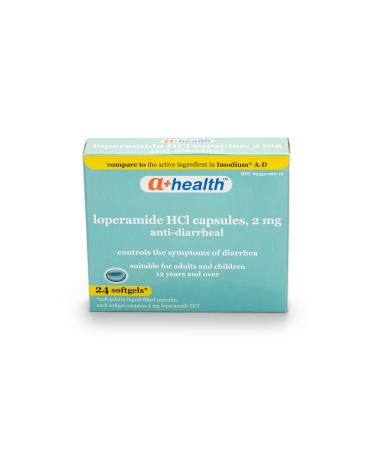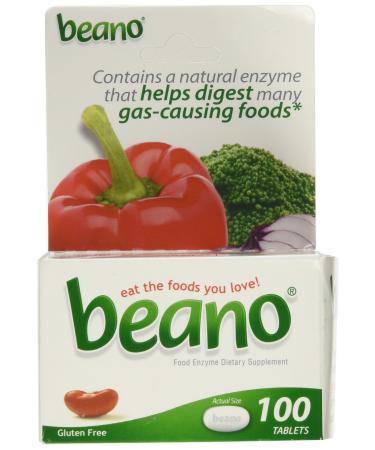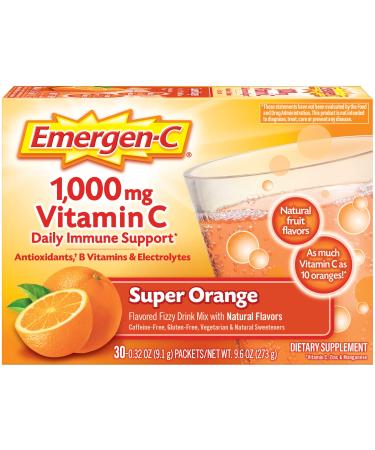We all have gas, some worse than others.
(C'mon, you know who you are.)
From causing bloating and discomfort to provoking laughter (when you're in the right company, of course) gas is a natural bodily function. But why do we produce gasOne reason is from digestion and the body's inability to digest certain foods. When the body breaks down undigested food from the small intestine to the large intestine, it creates gas as a byproduct. This is the gas that mostly causes flatulence.
Another reason is from air uptake or swallowing air, known as aerophagia, which happens when we talk, eat, chew gum, laugh or drink carbonated drinks, just to name a few. This is the gas that mostly causes belching.
While most of the gas you expel is odorless, certain foods can make it smell, such as those that contain sulfur. Some bacteria also make methane or hydrogen sulfide that can add a distinctive odor.
Reducing Belching
If you find you are burping more than usual, there are ways you can attempt to remedy the problem. First, slow down when eating or drinking, so you swallow less air. Eliminate carbonated drinks from your diet, which release carbon dioxide gas. Avoid gum or sucking candy, which increase your air intake. Don't smoke — for many reasons — but in this case, it makes you swallow air. If you wear dentures, make sure they fit properly, as ill-fitting dentures can cause you to swallow excess air when you eat and drink. After a meal, take a walk which helps aid in digestion.
Reducing Flatulence
If you are excessively flatulent, pay attention to which foods increase your flatulence so you know exactly which foods to avoid.
Many high-fiber foods are gas producers, including beans, peas, lentils, broccoli, cauliflower, cabbage, whole-grain foods, and certain fruits such as bananas, peaches and pears.
If dairy products seem to be the culprit, you may be lactose intolerance. Certain indigestible carbohydrates found in sugar-free foods (sorbitol, mannitol and xylitol) also may result in increased gas. In addition, try cutting back on fatty foods. Fat slows digestion, giving food more time to ferment.
Every body is different and food sensitivities, beyond what is listed above, is extremely common. Consult your physician if you have persistent or unusually painful gas.













![Stewart Freeze Dried Dog Treats Made in USA [Single Ingredient Puppy and Dog Training Treats - Grain Free Natural Dog Treats] Resealable Tub to Preserve Freshness](https://www.gosupps.com/media/catalog/product/cache/25/small_image/375x450/9df78eab33525d08d6e5fb8d27136e95/6/1/61gwbbixarl._ac_sl1500_.jpg)







